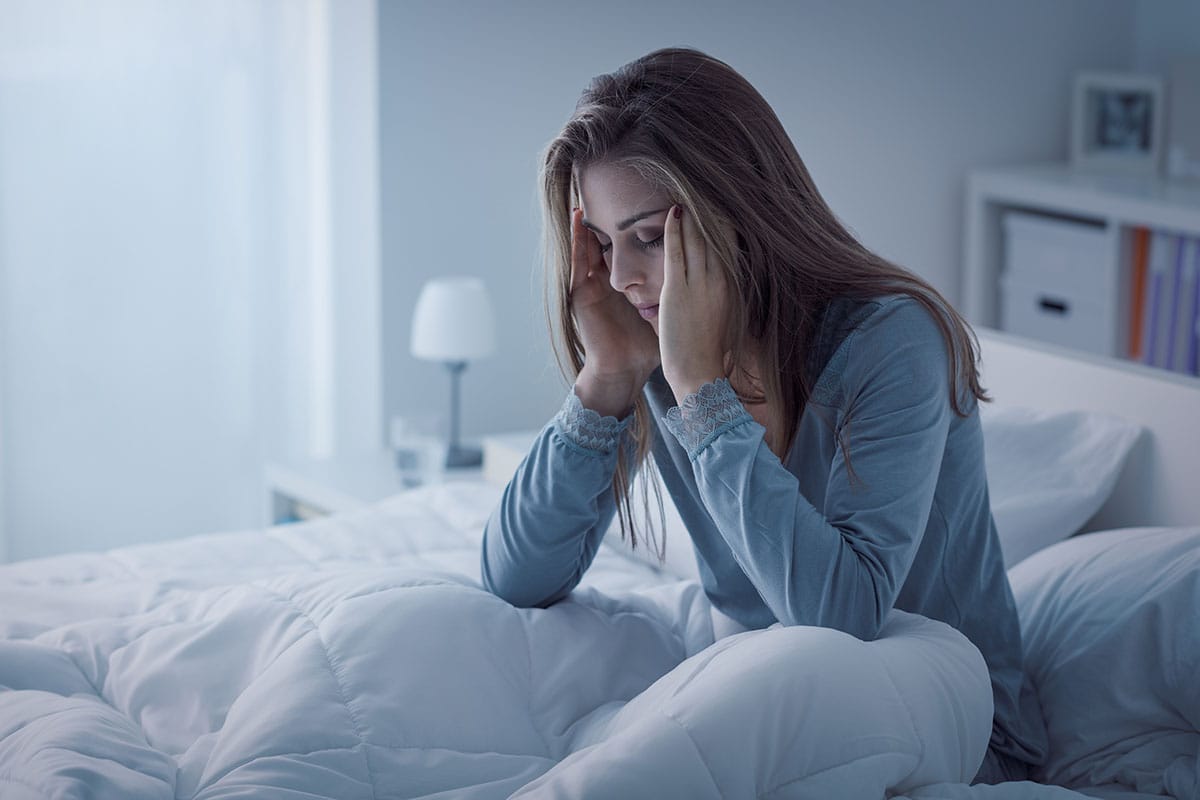Subtotal $0.00
Subscribe to out newsletter today to receive latest news administrate cost effective for tactical data.
2478 Street City Ohio 90255
Shopping cart
- Phone:+1 (226) 346-9009
- Email:quantumhomeopathicclinic@gmail.com
Subscribe to out newsletter today to receive latest news administrate cost effective for tactical data.
2478 Street City Ohio 90255

Sleep disorders such as insomnia and sleep apnoea affect millions of people worldwide every year.
– [ ] Obsessive compulsive disorder
– [ ] Anxiety Disorder
– [ ] Schizophrenia
– [ ] PTSD
Insomnia is a sleep disorder in which an individual cannot fall asleep or stay asleep as long as is desired, resulting in poor quality of sleep. Sometimes referred to as sleeplessness, insomnia may often accompany other medical or psychiatric disorders. Individuals suffering from insomnia will often experience functional impairment during their waking hours.
There are several degrees of insomnia, and within there, three different types of insomnia have been categorized: transient; acute; and chronic.
Transient insomnia lasts anywhere from days to weeks. Transient insomnia may be likened to sleep deprivation.
Acute insomnia is the inability to gain the consistent level of sleep for a period of three weeks to six months.
Chronic insomnia will last for years at a time. People who suffer from chronic insomnia are at an increased risk of experiencing mental fatigue and hallucinations.
All types of insomnia may be brought on by an already existing medical disorder, changes in the sleep environment, changes to the hours during which one sleeps, severe depression, or even stress.
Insomnia more commonly affects women than men, and though it is not biased to age, individuals over the age of 60 are at higher risk. Age is not an excuse in homeopathy.
Sleep apnoea is characterized by abnormal pauses in breathing or abnormally low breathing during sleep. Apnoea (every pause in breath) may last from seconds to minutes and typically happen five to thirty times or more per hour.
There are three types of sleep apnoea: central (CSA); obstructive (OSA); and complex or mixed sleep apnoea.
When CSA is experienced, breath is interrupted by a lack of respiratory effort. OSA is characterized by breathing interrupted by a physical block to airflow, snoring is quite common.
Complex sleep apnoea is a combination of both CSA and OSA. Alternative methods of treatment, such as homeopathy, can offer relief for those dealing with sleeping disorders.
Depression is a mood disorder that causes a persistent feeling of sadness and loss of interest. Also called major depressive disorder or clinical depression, it affects how you feel, think and behave and can lead to a variety of emotional and physical problems. You may have trouble doing normal day-to-day activities, and sometimes you may feel as if life isn’t worth living.
Many life experiences and situations can trigger the onset of depression. While everyone can experience depression differently, some factors increase the likelihood of one experiencing depression. These include low self-esteem or being self-critical; personal history of mental illness; certain medications; stressful events, such as loss of a loved one, economic problems, or a divorce; or unhealthy coping. It is important to remember that depression can occur seemingly unwarranted! Many clients come to us not understanding where their depression came from or when it began. This is because there is no formula for what causes depression. Several factors can influence depression including biochemistry, genetics, personality, and environmental factors.

We help you change for a better life